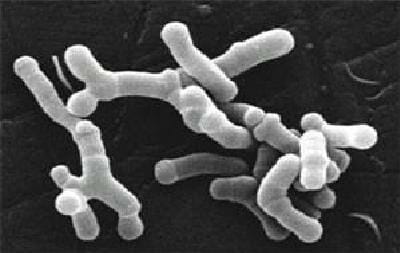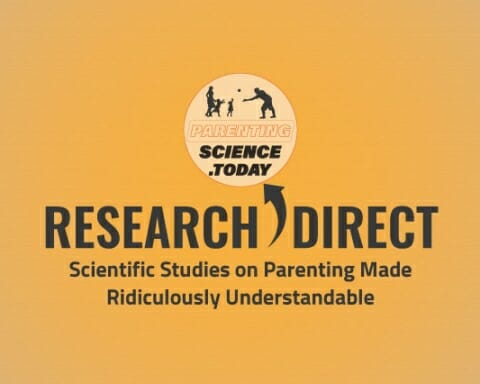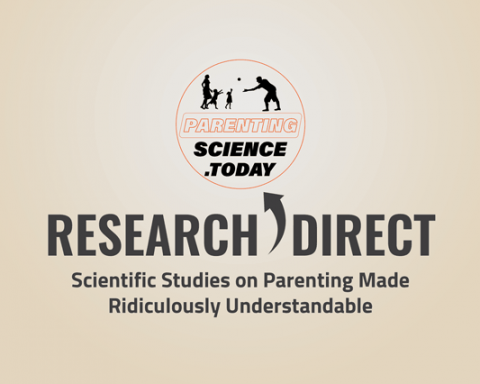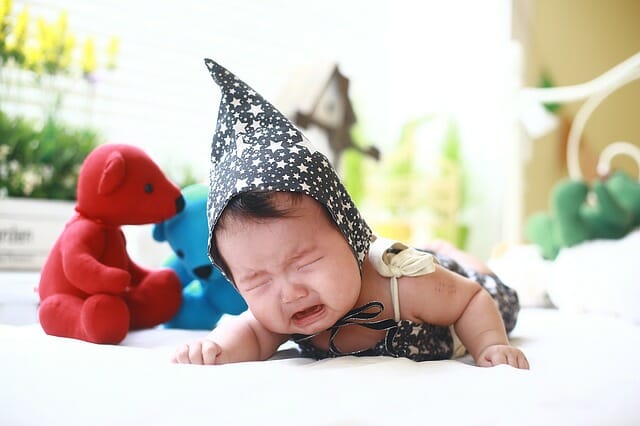Vitamin E is considered one of the best antioxidants due to its protective effect against oxidative processes that produce free radicals. Free radicals are atoms or molecules that can cause cell damage that leads to aging, cancer, and disease. Vitamin E protects against free radicals by either deactivating them directly or preventing them from attacking the cell walls.
Vitamin E thus strengthens infants’ defenses against oxidative stress. However, placental transfer of vitamin E is limited. Therefore, newborns have a high risk of suffering from vitamin E deficiency. So, breast milk is a vital source of vitamin E for babies.
Vitamin E comes in eight different forms, but α-tocopherol is the only isomer related to nutrition. Colostrum, which is the earliest milk produced in the lactation stage, contains α-tocopherol, so breastfeeding is the safest way to prevent a possible vitamin E deficiency in infants. It also helps build body reserves of the nutrient.
Further Investigation
In 2016, a group of Brazilian researchers from Natal City decided to perform a trial titled “Effect of Maternal Supplementation with Vitamin E on the Concentration of α-tocopherol in Colostrums,” which was published in Jornal de Pediatria and widely discussed by the medical community in Latin America.
A total of ninety-nine healthy pregnant women participated in the study. They were randomly sorted into two groups. Thirty-nine of them were assigned to the control group, and sixty were assigned to the supplemented group.
The supplemented group received capsules containing 400 IU of α-tocopherol. Vitamin E supplementation was initiated immediately after the first lactation.
Blood samples were extracted from each participant after delivery. Colostrum samples were collected after the first lactation and at the end of a feeding twenty-four hours after supplement intake began. Other milk samples were taken just in case researchers needed them.
Results
All of the women completed the study. There were no significant demographic differences between the women in both groups. Interestingly, 58 percent of the births were cesarean sections, a very typical fact in Latin America.
There were no significant differences in α-tocopherol serum concentration among the women in both groups. (Note that these blood samples were collected before starting vitamin E supplementation.) There were also no important differences in α-tocopherol concentration in the colostrum that was collected from both groups immediately after the baby’s first lactation.
When comparing the α-tocopherol concentrations in the colostrum samples collected immediately after the first lactation and twenty-four hours later, the women who did not receive supplementation (i.e., the control group) had similar concentrations in both samples.
However, the mean α-tocopherol concentration in the colostrum samples of the supplemented group increased by 61 percent. So, the children of the women who took vitamin E supplements received a greater amount of α-tocopherol through breast milk.
What You Need to Know
Maternal vitamin E supplementation increases the supply of α-tocopherol, which benefits newborns. Vitamin E contributes to babies’ motor and mental development and strengthens their defenses against oxidative stress. However, factors that interfere with vitamin E supplementation have not been investigated, particularly vitamin E and fat intake during pregnancy, which can be considered a study limitation. Further investigation is required in order to help clarify some doubts.
Visit a pediatrician with any questions or concerns.
Reference
Melo, Larisse Rayanne Miranda de, Heleni Aires Clemente, Dalila Fernandes Bezerra, Raquel Costa Silva Dantas, Héryka Myrna Maia Ramalho, and Roberto Dimenstein. “Effect of Maternal Supplementation with Vitamin E on the Concentration of α-tocopherol in Colostrum.” Jornal de Pediatria 93, no. 1 (2017): 40–46. Retrieved from http://www.scielo.br












